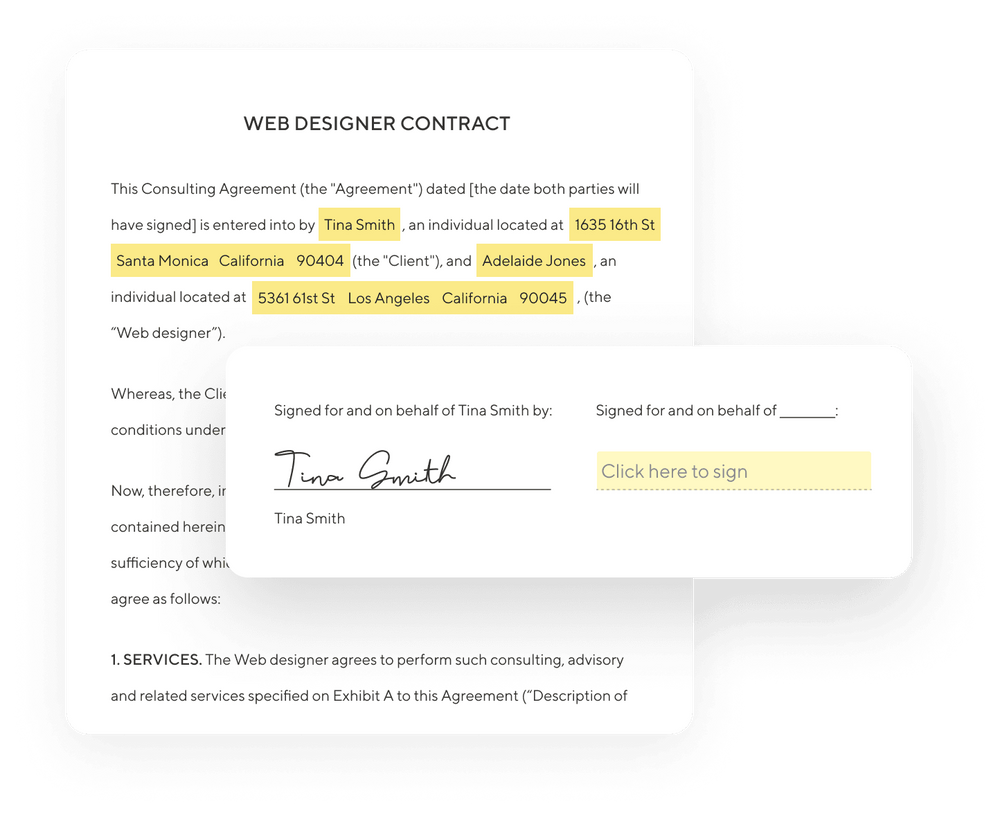Who doesn’t want a career that lets them work from home, earn great hourly rates, and work on their favorite type of work? It’s no wonder why so many people are getting into freelance consulting: because it checks all those boxes.
The tricky part of starting a consulting business is that for consultants, reputation is everything. Clients are paying for your expert brain, so they must trust that you truly have helpful expertise. How do you break through and get those first clients?
Cultivate Specialized Experience
Every consultant’s worth comes down to their expertise, so that’s the top asset you need to start consulting. You should choose what type of consultant to become based on your experience or areas of expertise.
Think about any skills and knowledge involved in your full time career to see all the possible consulting paths. For instance, maybe you’re a freelance writer who writes marketing content. That could qualify you to be a digital marketing consultant or perhaps a consultant in writing, content planning, brand voice development, or other options.
In doing this, you’re choosing a path you’re already qualified for and can use your past work experience to market yourself (more on that later).
Identify a Need
After looking at all possible options for consulting, do some competitor research. Find out what types of consultants there are in your local area. Most importantly, find out what types of specialists are lacking in the area. How do those service gaps overlap with your area of expertise?
It also helps to see what business owners want but can’t find. Talk to any business owner friends or professional connections about what types of consultants they could find helpful.
Notice that I mentioned checking for competitors in your city. Yes, we’re in a digital age so online consulting is certainly viable. Many businesses prefer working with locals when possible, though, so freelancers have more of an edge in their own town.
Define Your Brand
After figuring out a specialty, put yourself in clients’ shoes. Why would they hire you over anyone else? What sets you apart from competing consultants and consultancy firms?
Maybe you have experience in certain industries others don’t, like the regulation-heavy healthcare industry. Choose any other specialties or preferences too, like small business or corporate consulting. Think about what makes you unique and develop your brand based on those special skills.
Start Marketing
With a well-defined brand and specialty, now comes the tricky part: finding freelance jobs. Remember that trust is critical for consultants, so your first clients will be the toughest to get.
Start with the basics. Create an inexpensive website. Print business cards. Get online and start networking with potential clients, which could be any business owner or administrator in your niche.
Invest time into creating a marketing strategy for this new venture. That could include joining local business groups for networking, building a presence on social media, producing online content like blogs and videos about your area of expertise, and so on.
Develop Your Portfolio
When those first clients come in, start developing a consultancy portfolio from day one. For freelancers, the best way to showcase successful work is typically with case studies.
Include short term and long term projects alike: no job is too small. Make sure your consulting contract permits you to track and include each job’s data into your portfolio.
Some professionals start building a portfolio with low-priced freelance work, creating an incentive for clients willing to take a chance on newcomers. This strategy can work but don’t go as far as offering free services to build that portfolio. Those clients tell their friends who then want free services too, and convincing them of your value will be difficult.
The more detail you include in case studies, the better. Track as many metrics as possible, like website analytics, social media engagement, and anything else that your work could impact. It’s these concrete results that will impress future clients.
Collect Reviews
As helpful as case studies are, future clients will want to hear from past clients too. They’ll want to know whether you were efficient, on-time for deadlines, communicative, and more. Case studies don’t show this, but client reviews do.
Ask each happy client for reviews or testimonials about their experience with you. Direct them toward your social media reviews pages, Google My Business listing, or other customer review platforms. At a minimum, ask them for anonymous testimonials you can publish on your site.
Building Your Consultancy Career
A consultancy career makes people think of freedom, high salaries, and a revolving door of exciting challenges. If you play your cards right, that can all become a reality. Start with the tips above to find the right path, showcase your value, and launch the career you truly want.



